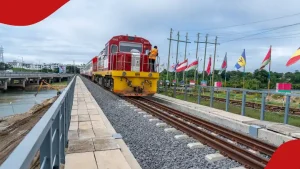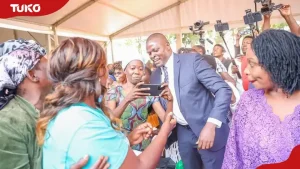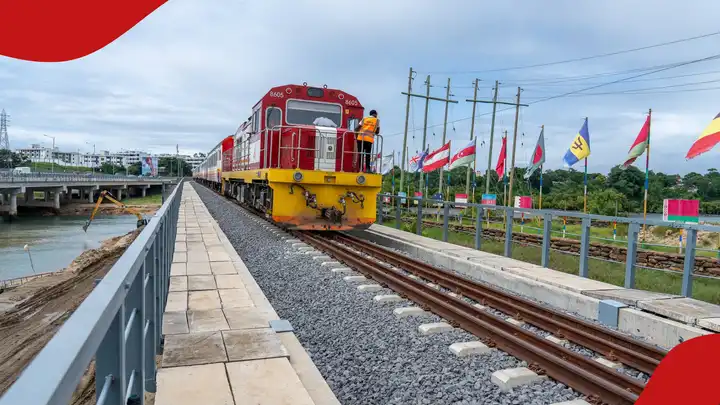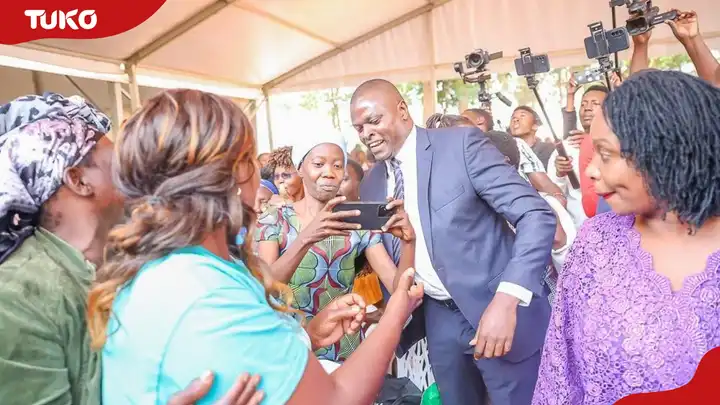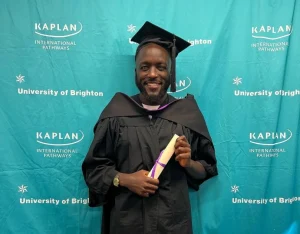Each year, Africa Day serves as a celebration of the continent’s culture, history, and progress. But in 2025, Africa is doing more than celebrating — it’s leading.
For too long, Africa has been positioned as a “frontier market,” a place waiting to catch up. That narrative is outdated. Africa is not waiting to be included. It is already setting the pace, through innovation born out of necessity, creativity rooted in culture, and progress driven by community.
At Binance, we’ve witnessed firsthand how innovation looks different in Africa. It doesn’t always begin in formal boardrooms or with multi-million-dollar funding rounds. It often starts in WhatsApp groups, community meet-ups, and with side-hustlers using their mobile phones to build. It’s a bottom-up revolution shaped by real-world needs.
Take Mary Usaji, a developer and project manager at ICP Hub Kenya. After being scammed, she turned to blockchain not as a buzzword, but as a tool. With support from platforms like Binance, Mary educated herself, rebuilt her confidence, and now leads blockchain development training for others. Her story is not just one of recovery, but of leadership — and it reflects a larger movement led by African women who are redefining the tech landscape.
Innovation in Africa isn’t theoretical. It’s practical, tested daily against the pressures of currency instability, unreliable power, and low-trust systems. These are the conditions where bold ideas are stress-tested, and where blockchain technology has found meaningful, everyday applications.
While many countries debate blockchain regulation, several African communities are already using it to solve pressing problems. Stablecoins are powering cross-border payments for families and small businesses. NFTs are being used for digital identity and authenticating African art. Smart contracts are making community projects more transparent and accountable.
This isn’t leapfrogging, it’s building better from the start. And it’s not happening on the margins. It’s shaping global thinking on what sustainable, inclusive innovation looks like.
Africa Day is more than a cultural celebration. It’s a call to pay attention — because what’s happening here is a preview of where the world is going. Africa is showing that resilience, community trust, and resourcefulness are not traits to overcome — they are competitive advantages.
At Binance, we’re not just investing in Africa; we’re learning from it. Through community education, partnerships, and local capacity-building, we are committed to supporting this growth from the ground up. We believe innovation should be accessible, inclusive, and adapted to local realities, and there is no better place to demonstrate this than Africa.
To date, our work through Binance Charity and Binance Academy has supported women in over 10 countries, including South Africa and Kenya, with blockchain education, mentorship, and scholarships. These programs aren’t about charity; they’re about unlocking talent and empowering long-term participation in the digital economy.
The world once called Africa an “emerging market.” But emergence implies something that’s still in progress. That no longer applies. Africa has emerged — not only as a user of innovation but as its architect.
On this Africa Day, let’s move beyond outdated narratives. Africa isn’t just part of the future — it’s building it. And for those paying attention, it’s clear: the rest of the world would be wise to follow its blueprint.
The writer, Yi He, is Co-Founder of Binance.

